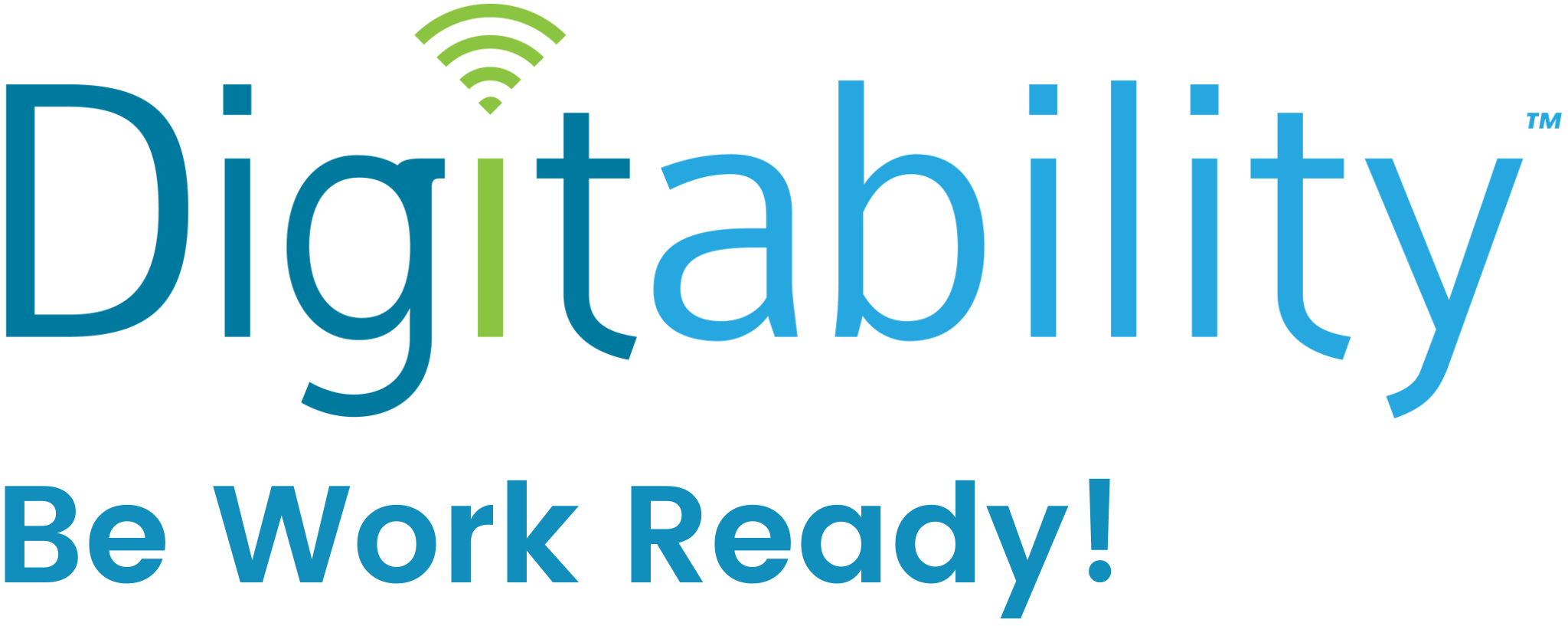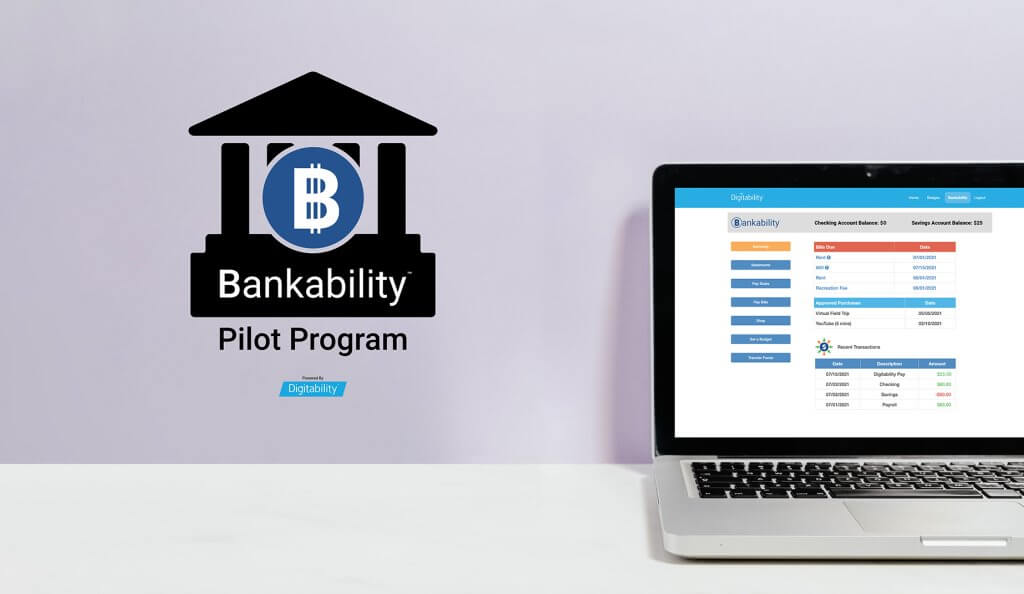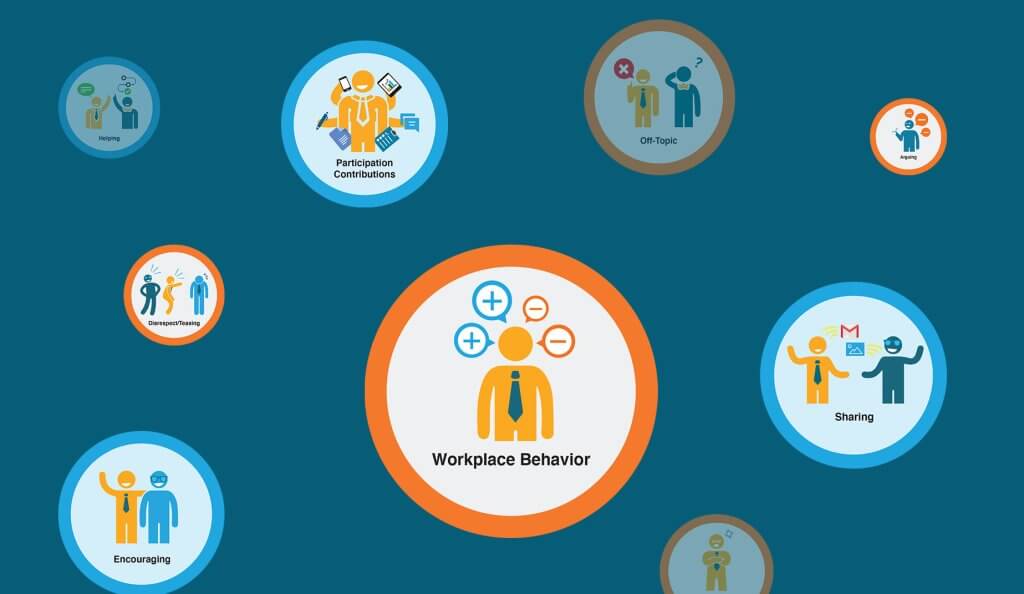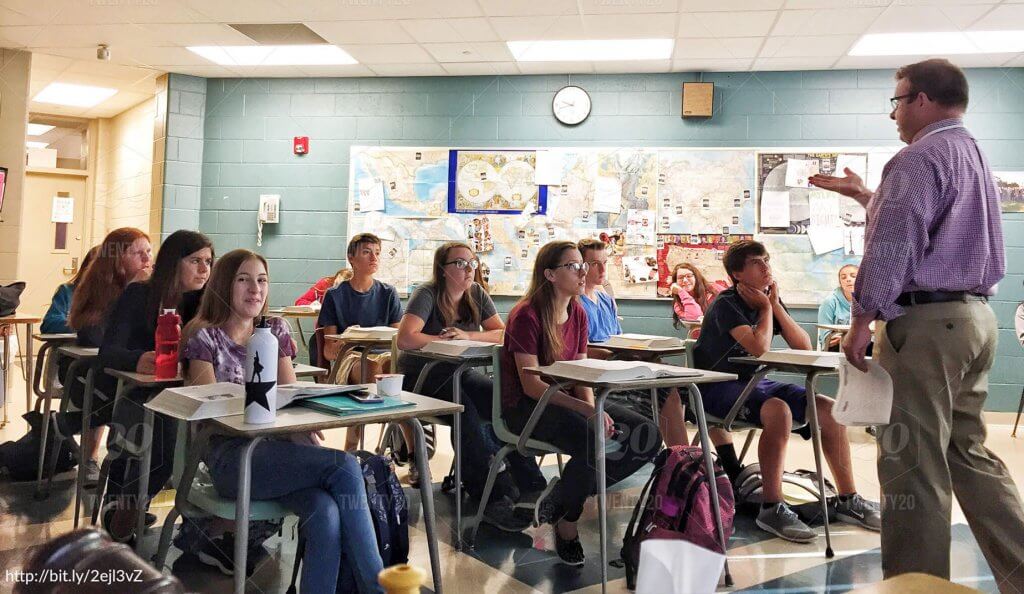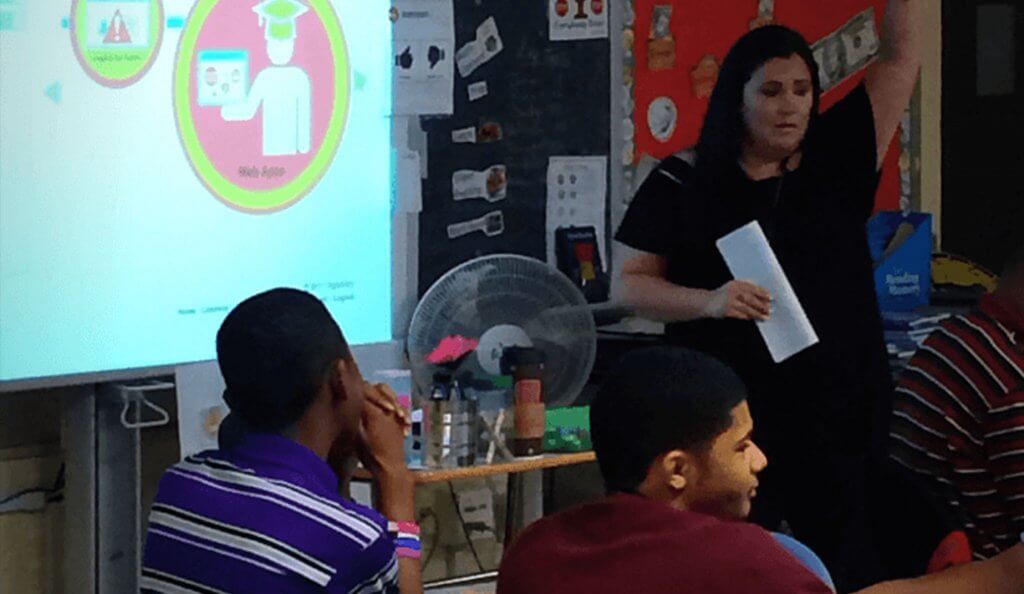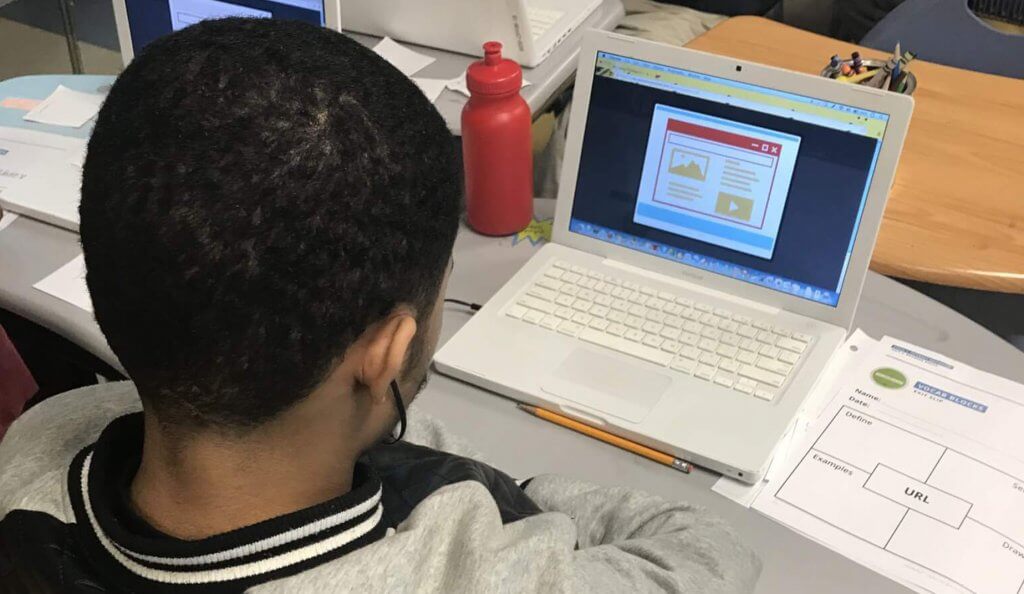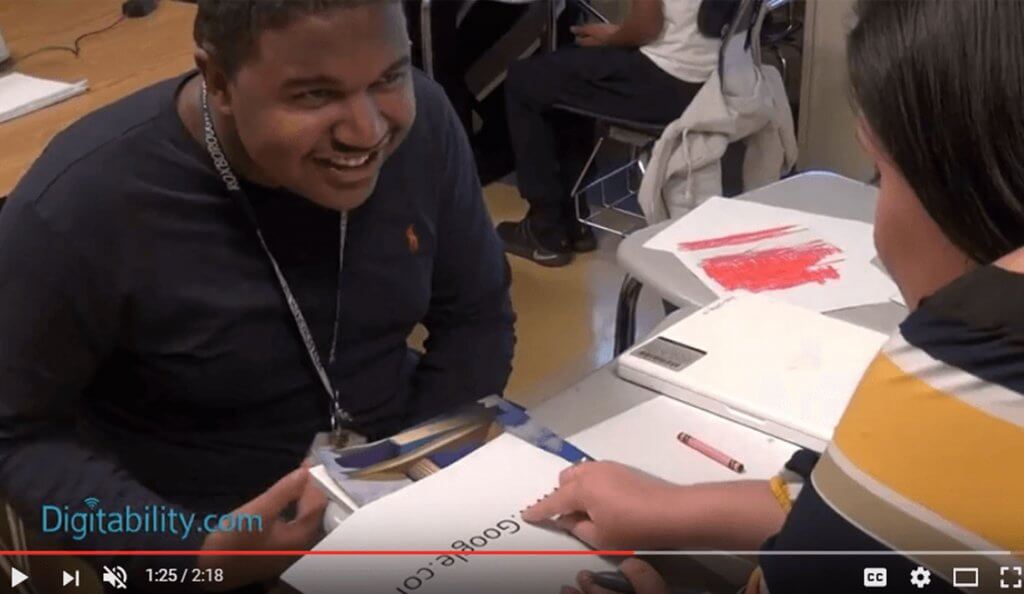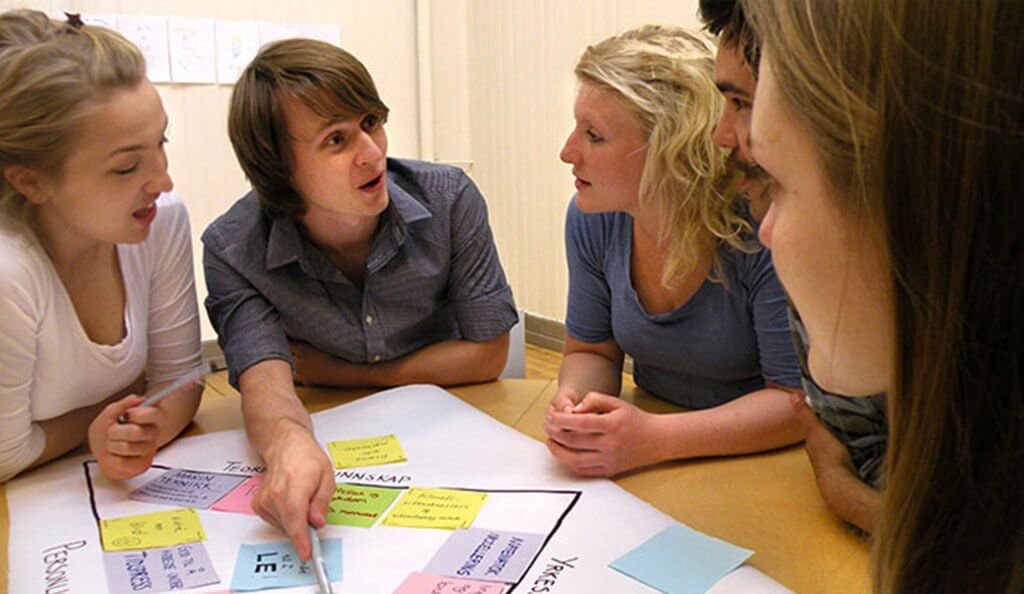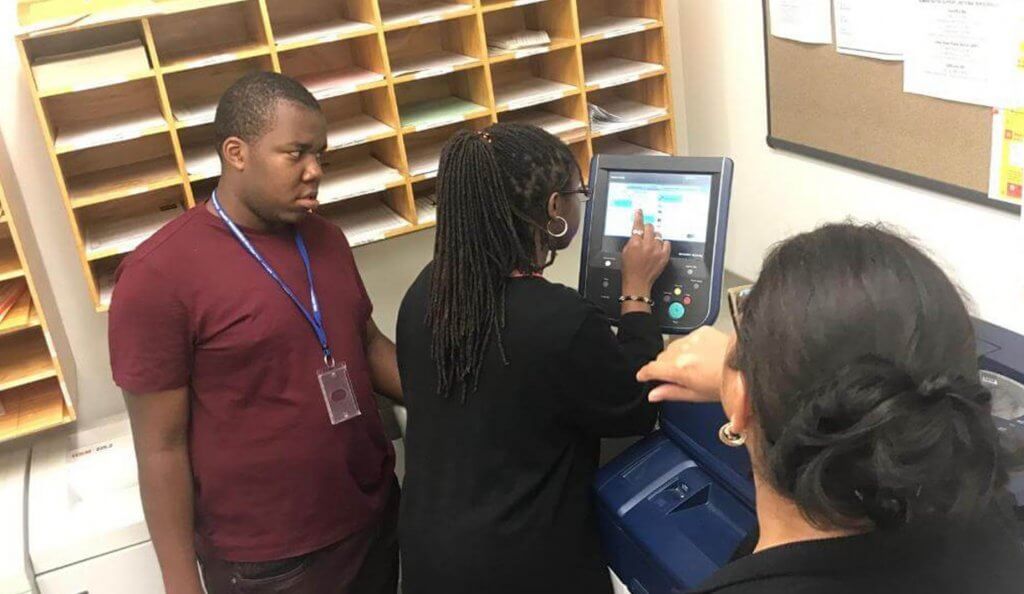Posts Tagged ‘workplace behavior’
50% off EXCLUSIVE Banking and Behavior Offer!
Exclusive Pilot Program for Your School! Claim your spot for 50% off today! Exclusive Pilot Program for Your School! Claim your spot for 50% off today! Bring a Virtual Banking and Positive Behavior Support System to Your School Digitability is announcing a special pilot opportunity for schools to implement our new award-winning Virtual Banking and…
Read MoreGet 20% Off and Free Digitability ESY Curriculum
Get 20% Off and Free Digitability ESY Curriculum Over $1800 in Savings This Summer! This summer, give your students engaging and interactive lessons that meet and exceed their IEP goals, both in academics and transition, for FREE! Start the summer and the 2022 school year off right with: Quick and Easy Reporting Weekly emails let…
Read MoreWhat Skills Will Students Need to Sustain Employment Once They Obtain It?
What Skills Will Students Need to Sustain Employment Once They Obtain It? It’s important that we, as educators, make the expectations in the workplace explicit so students can identify what behaviors will make them successful and what behaviors may be perceived as problematic in some settings. Practice Workplace Behaviors in Mock Workplaces Digitability’s Workplace Behavior…
Read MoreSelf-Advocacy
“Speak up so I can hear you!” How to help students communicate their needs. Communication: In order to empower our students, we need to teach them how to advocate for themselves. For example, if a student is going to be late, they need to email you and let you know. Or if the student is…
Read MoreIncreasing Assistance
“Is the Word You’re Thinking About Called Prom…” How to use prompting to increase the probability that a desired behavior will occur. In this example, the teacher’s practice of increasing assistance comes from a wider understanding of prompting, which she uses throughout the lesson in order to guide students to a correct answer. Prompting: is…
Read MoreDifferentiation
“One size doesn’t fit all!” How to use differentiation in your instruction Differentiation is tough, but an integral part of teaching. Differentiation is made up of the adaptations that educators use to instruct a diverse group of students with diverse learning needs in the same environment. The teacher in this video uses differentiation to modify…
Read MoreIncreasing Attendance to a Task
“It looks like you are listening!” Helping students increase their attendance to a task Increasing attendance is the effort to make the rate rise with participation and engagement within a classroom setting. The increase in attendance can be managed by using different techniques of teaching that seem to work the best in your students work…
Read MoreProbing Questions
“Why do you think it’s important to know how to use email in a work setting?” Using Probing Questions During Informal Assessment Probing Questions are often open questions created to elicit anecdotal experiences from participants or assess their comprehension of newly delivered content. Probing questions could be questions for clarification, debatable questions, and the list…
Read MoreAccessing Prior Knowledge
“I know that you know…” Accessing prior knowledge to make new connections What does, accessing prior knowledge mean? Accessing prior knowledge is when a teacher connects personal experience or background knowledge to the new content, leading to an increase in comprehension. This connects some of the new concepts being discussed to learned knowledge from outside…
Read MoreKnowledge of Student
“Smarty pants!” Making connections using background knowledge of students. Demonstrating knowledge of students is imperative for connecting content to the intricate profiles of students: Teachers don’t teach content in the abstract; they teach it to students. Teachers must know not only their content but also their students. Ms. Dawn, the teacher in this video, is…
Read More